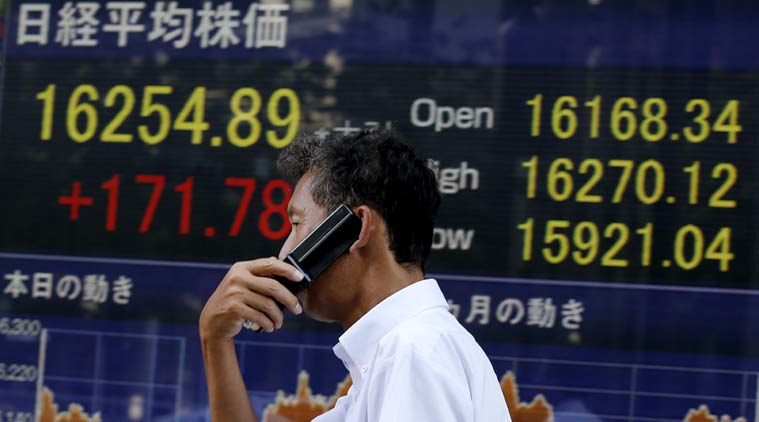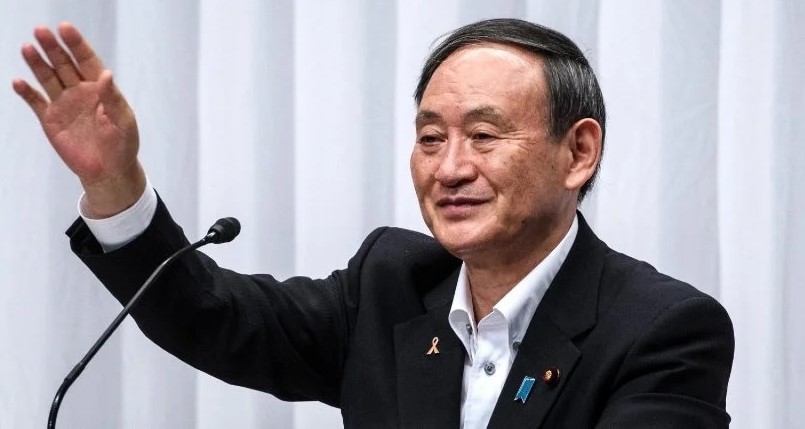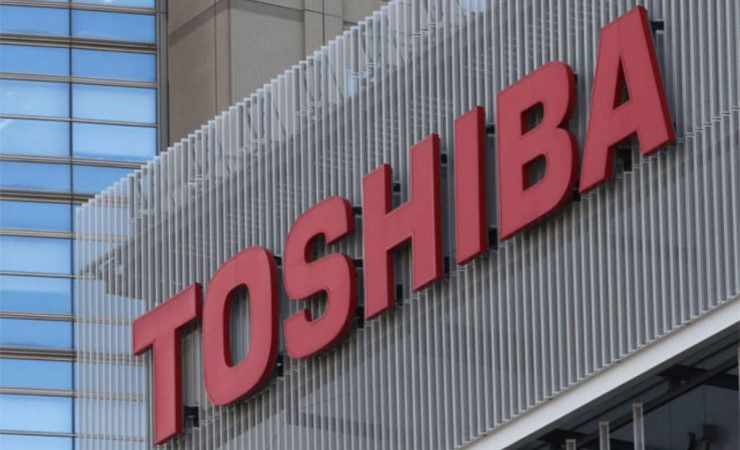The Tokyo stock exchange lost ground on Monday. Investors took advantage of the disappointing data on Japanese retail sales and Chinese manufacturing to profit after the recent strong rally.
The extension of the state of emergency in Japan had little impact on trade. In the fight against the coronavirus, the Japanese government extended the state of emergency in various parts of the country until June 20, as expected.
The main index in Tokyo, the Nikkei 225, closed 1 percent lower at 28,850.20 points. On Friday, the indicator won more than 2 percent and ended above 29,000 points for the first time since May 10. Japanese retail sales rose 12 percent in April, while economists had expected more than 15 percent.
Renesas fell 5 percent. The Japanese chipmaker raised $2 billion by issuing new shares. The proceeds will be used to finance the acquisition of industry peer Dialog Semiconductor. Retail group Fast Retailing and tech investor SoftBank, two heavyweights on the Japanese stock exchange, lost 0.6 and 1.5 percent. The pharmaceutical group Astellas Pharma was one of the strongest climbers with a profit of 2 percent.
The stock market in Shanghai was virtually flat in the meantime, and the Hang Seng index in Hong Kong fell 0.7 percent. Activity growth in China’s sizeable manufacturing industry slowed slightly in May from a month earlier as raw material prices surged.
By contrast, service sector activity in the world’s second-largest economy rose for the 15th straight month in May, thanks to strong spending during the week-long holiday period in the country, known as Golden Week.



